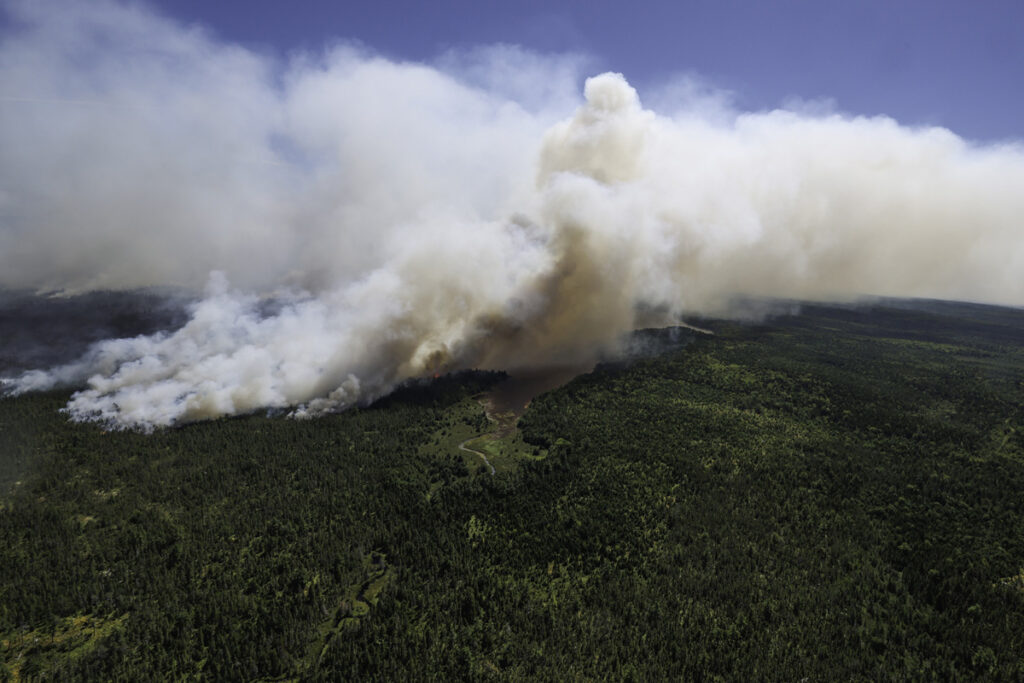
Introduction
The Long Lake fire in Nova Scotia has garnered significant attention over the past few weeks due to its rapid spread and the potential threat to local communities and the environment. Wildfires are becoming an increasingly pressing issue globally, and Nova Scotia is no exception. Understanding the causes and impacts of these fires is vital for residents and stakeholders in the region, particularly as climate change has been linked to the increasing frequency and intensity of such events.
Current Status of the Long Lake Fire
As of October 2023, the Long Lake fire, which ignited in early September, has burned over 2,000 hectares of forest land. Fire crews, supported by aerial water bombers, initially struggled to contain the blaze due to dry conditions and strong winds. However, a concerted effort from the Department of Natural Resources and Renewables, along with local volunteer firefighters, has led to improved control over the fire’s spread in recent weeks.
Officials have reported that the majority of the fire was contained as of October 10, with certain areas still active but now under close surveillance. Community engagement efforts have allowed residents of surrounding areas to evacuate safely and stay informed through regular updates via social media and local news outlets.
Environmental and Community Impact
The Long Lake fire poses a dual threat: ecological damage and community dislocation. The affected area is home to a diverse range of species and habitats, critical for local biodiversity. Forestry experts express concerns that prolonged exposure to fire can have lasting effects on soil health and water quality.
Moreover, the fire has led to temporary evacuations affecting several nearby communities. While the safety of residents remains the top priority, there are also considerations regarding recovery efforts post-fire. Local organizations are mobilizing to provide support to those displaced and to assess damage within the affected ecosystems.
Conclusion
The Long Lake fire in Nova Scotia underscores the need for enhanced wildfire management strategies and public awareness about fire safety in vulnerable regions. As climate change continues to shape weather patterns across the country, residents can expect more frequent wildfire occurrences. It is crucial that residents remain vigilant, stay informed, and engage with local authorities to mitigate future risks. Recovery from this incident will require a collective effort to restore both community and local ecology.




